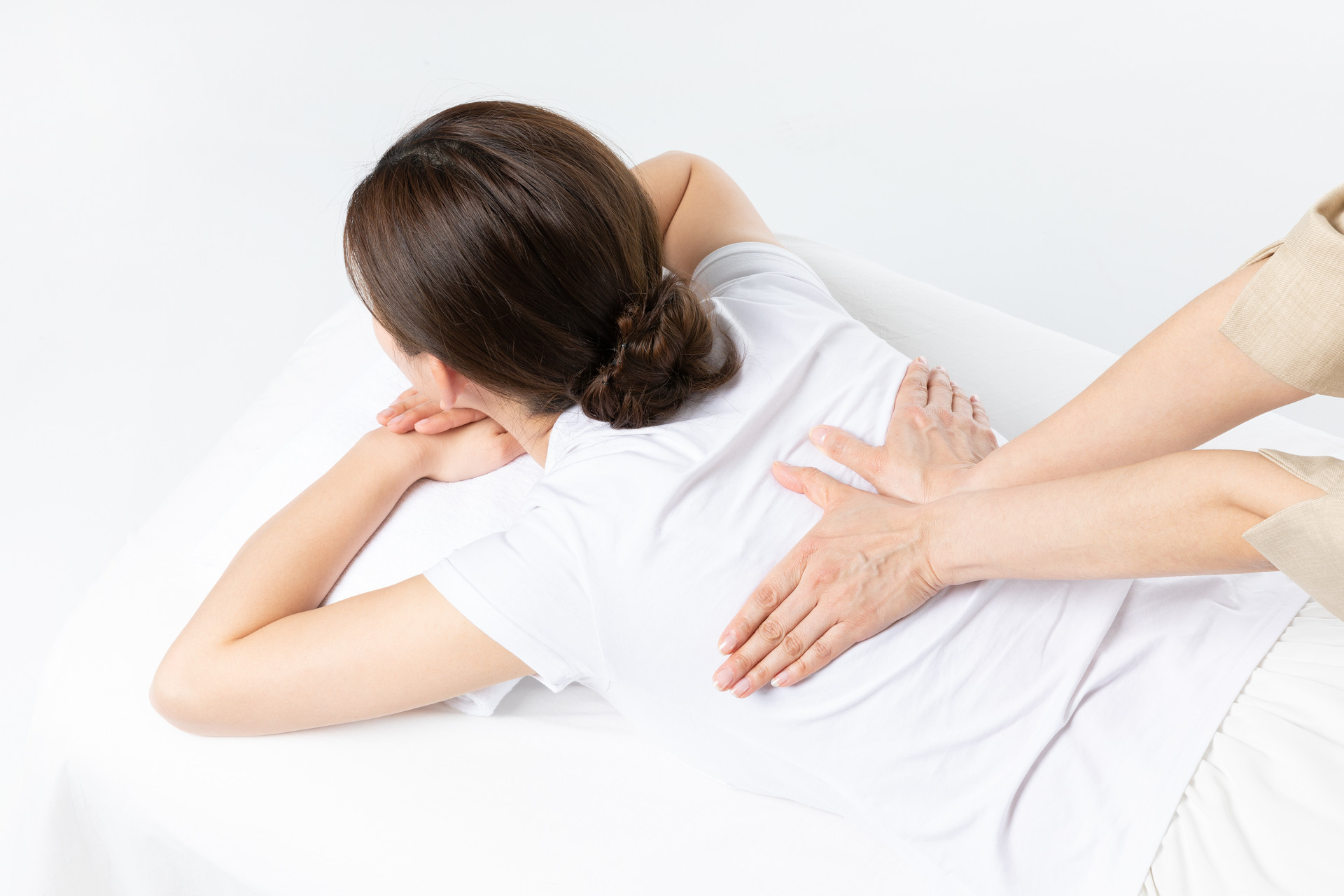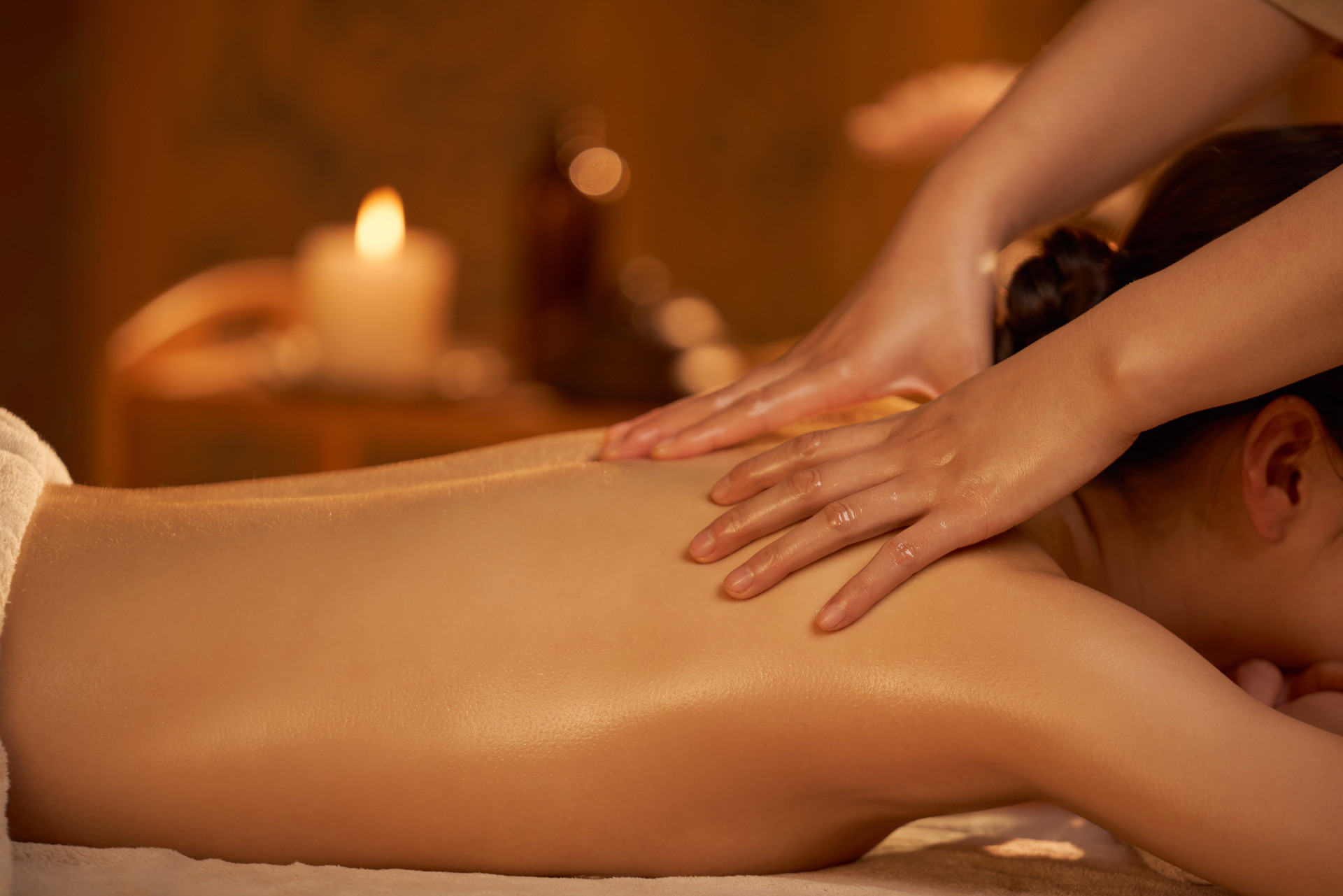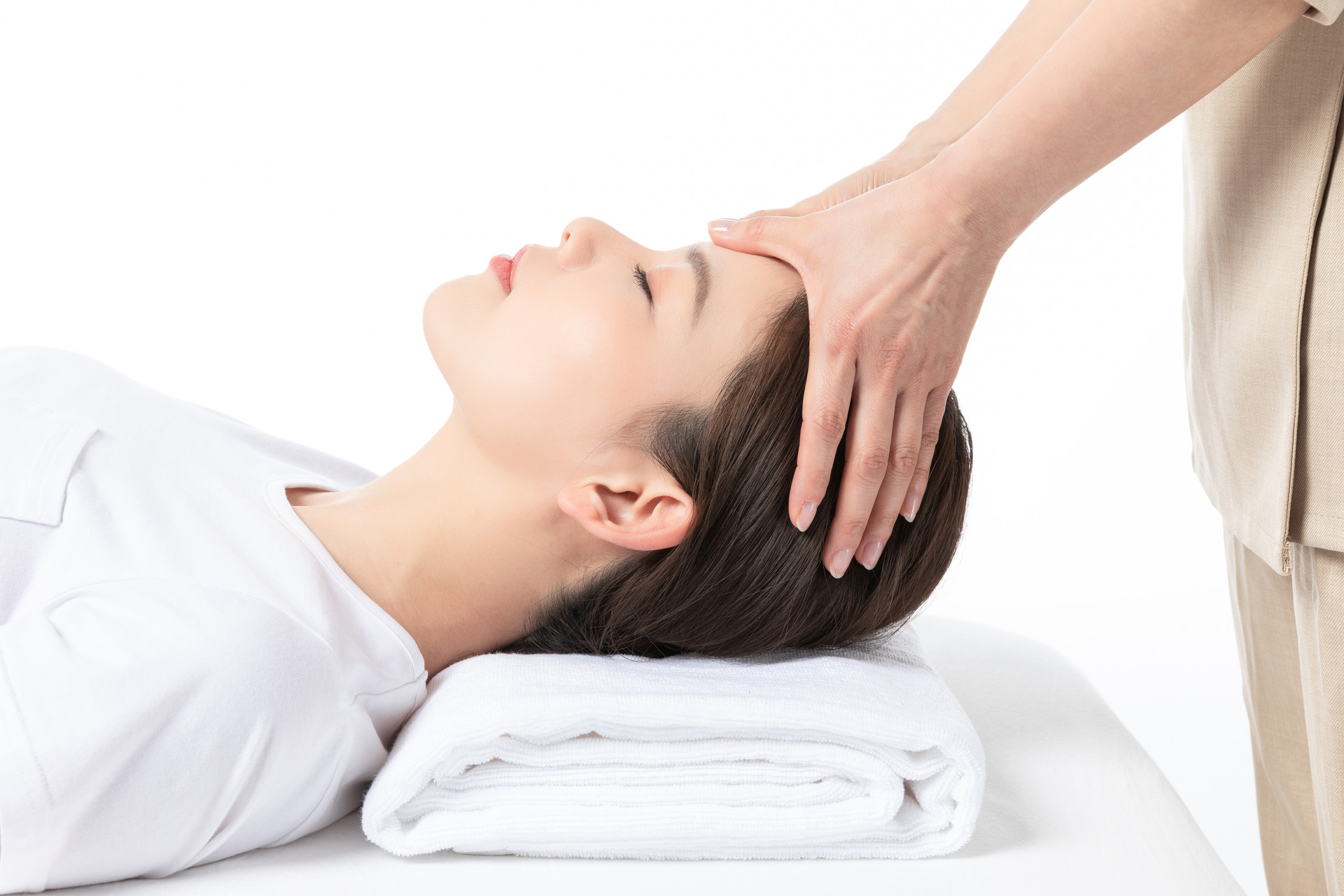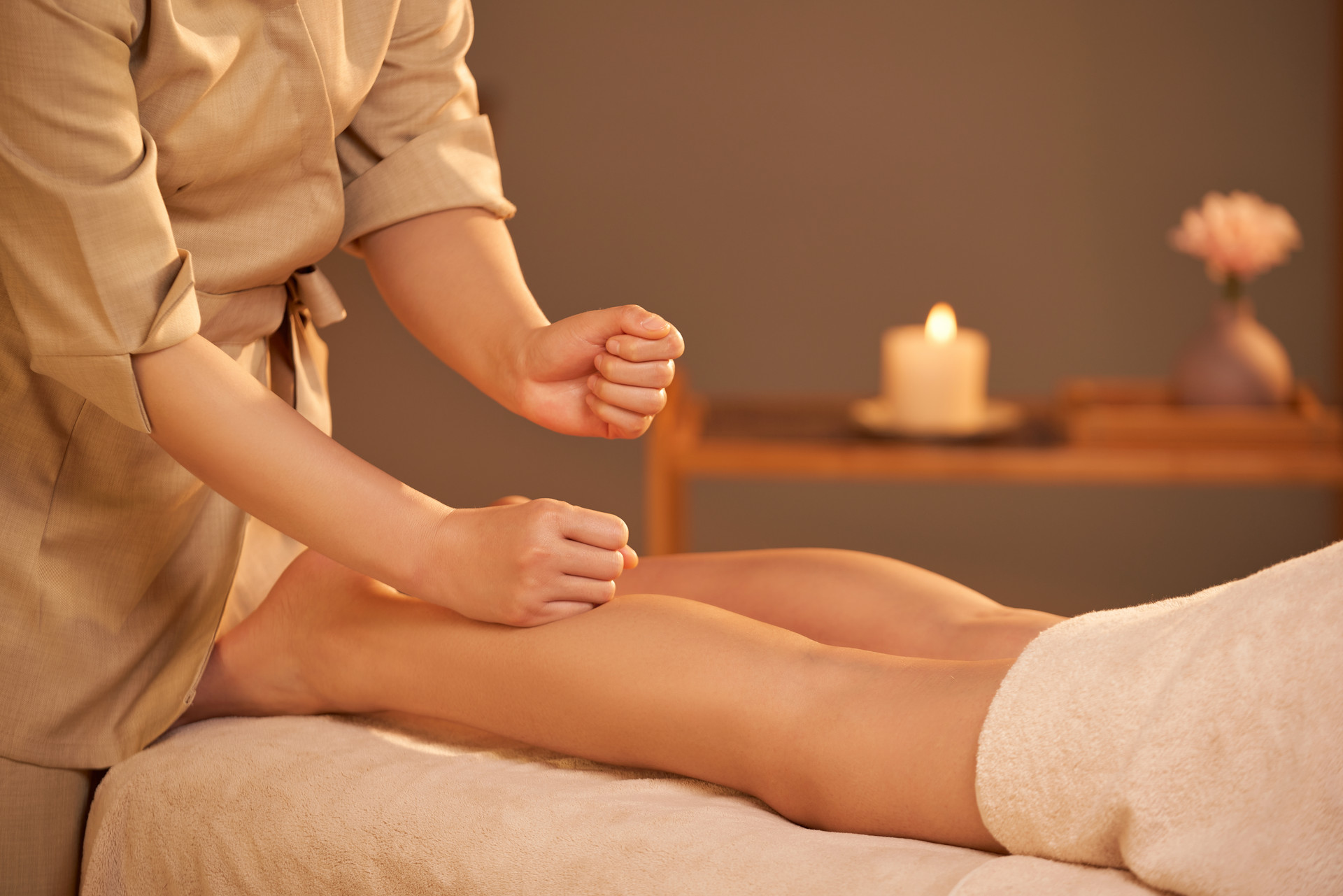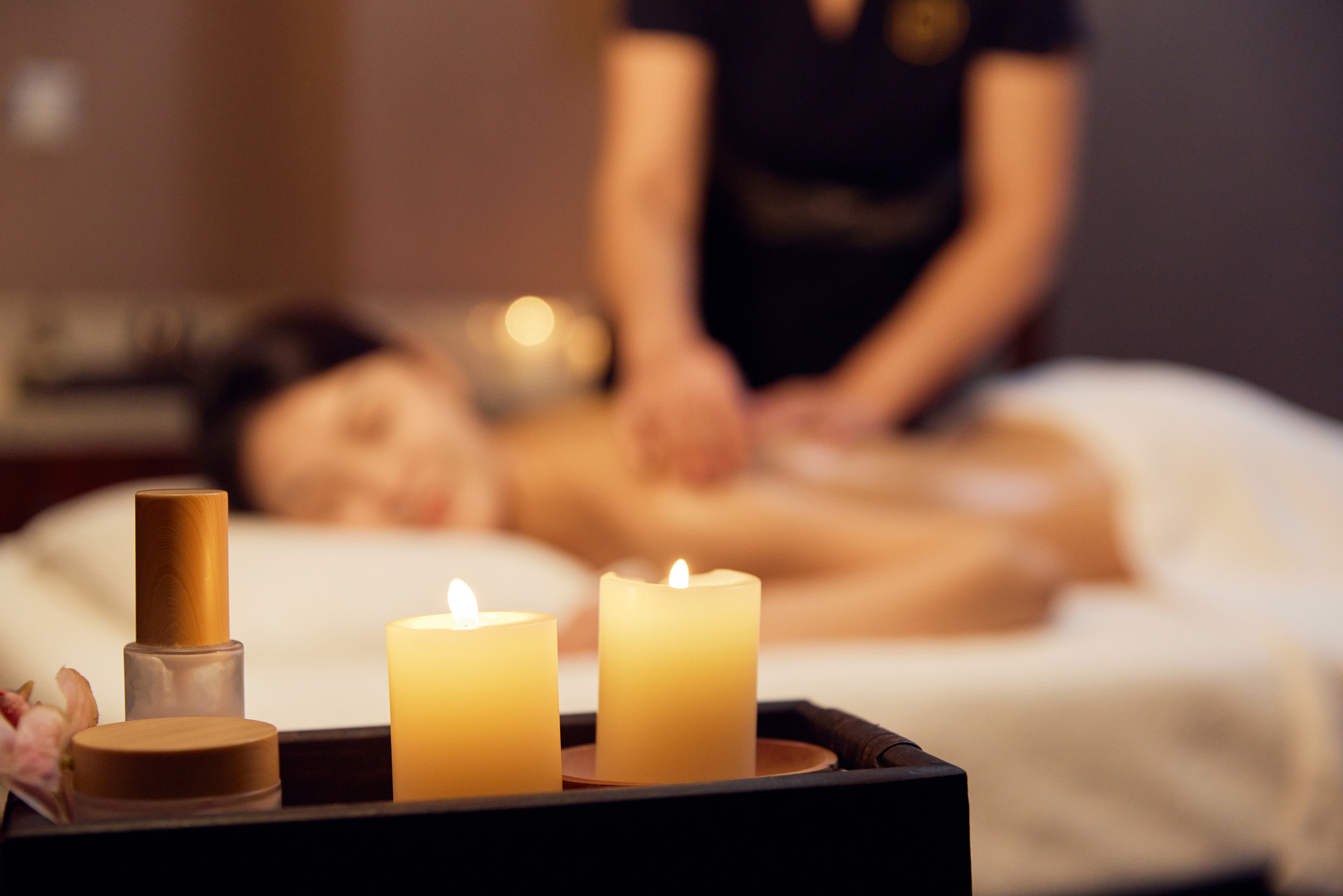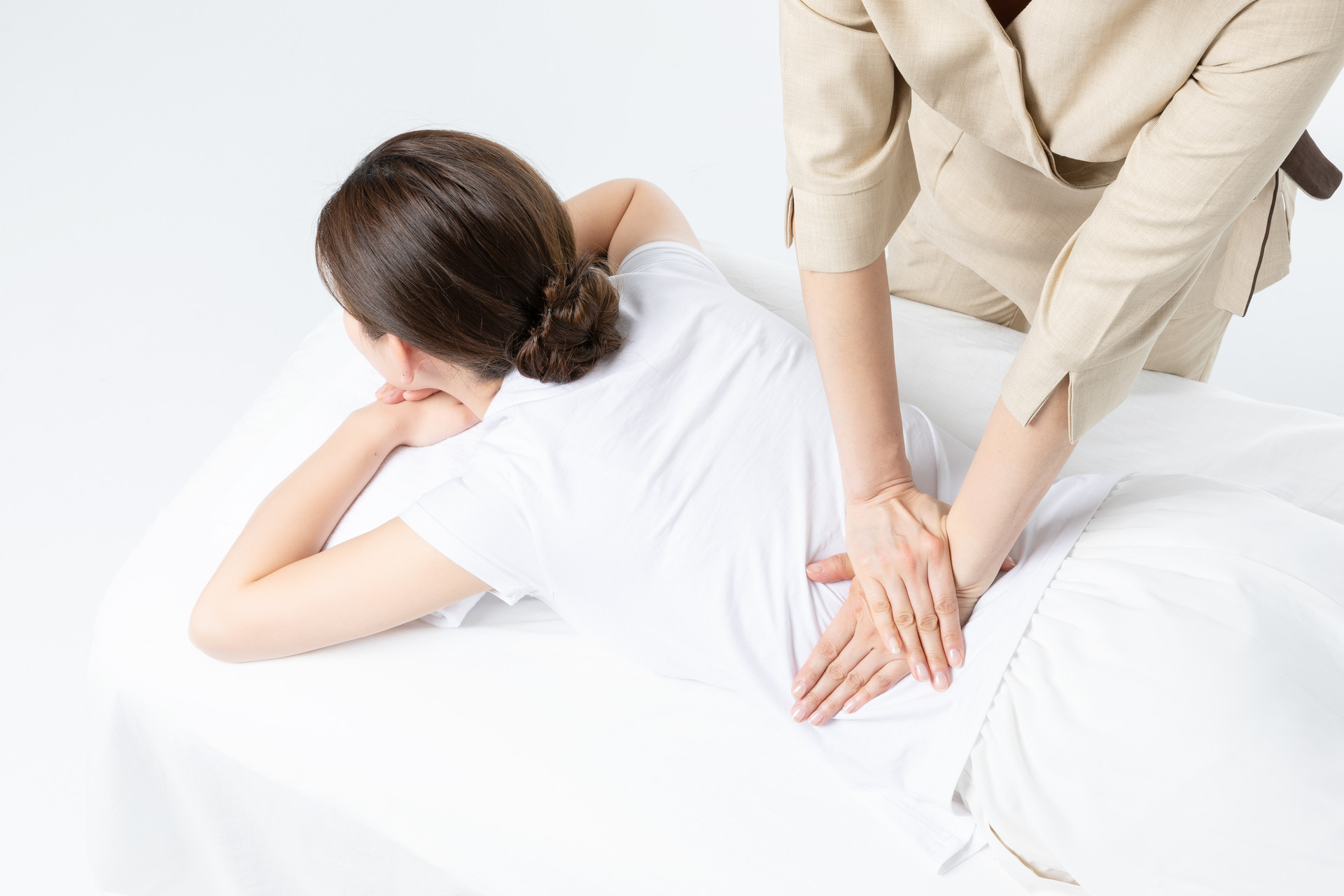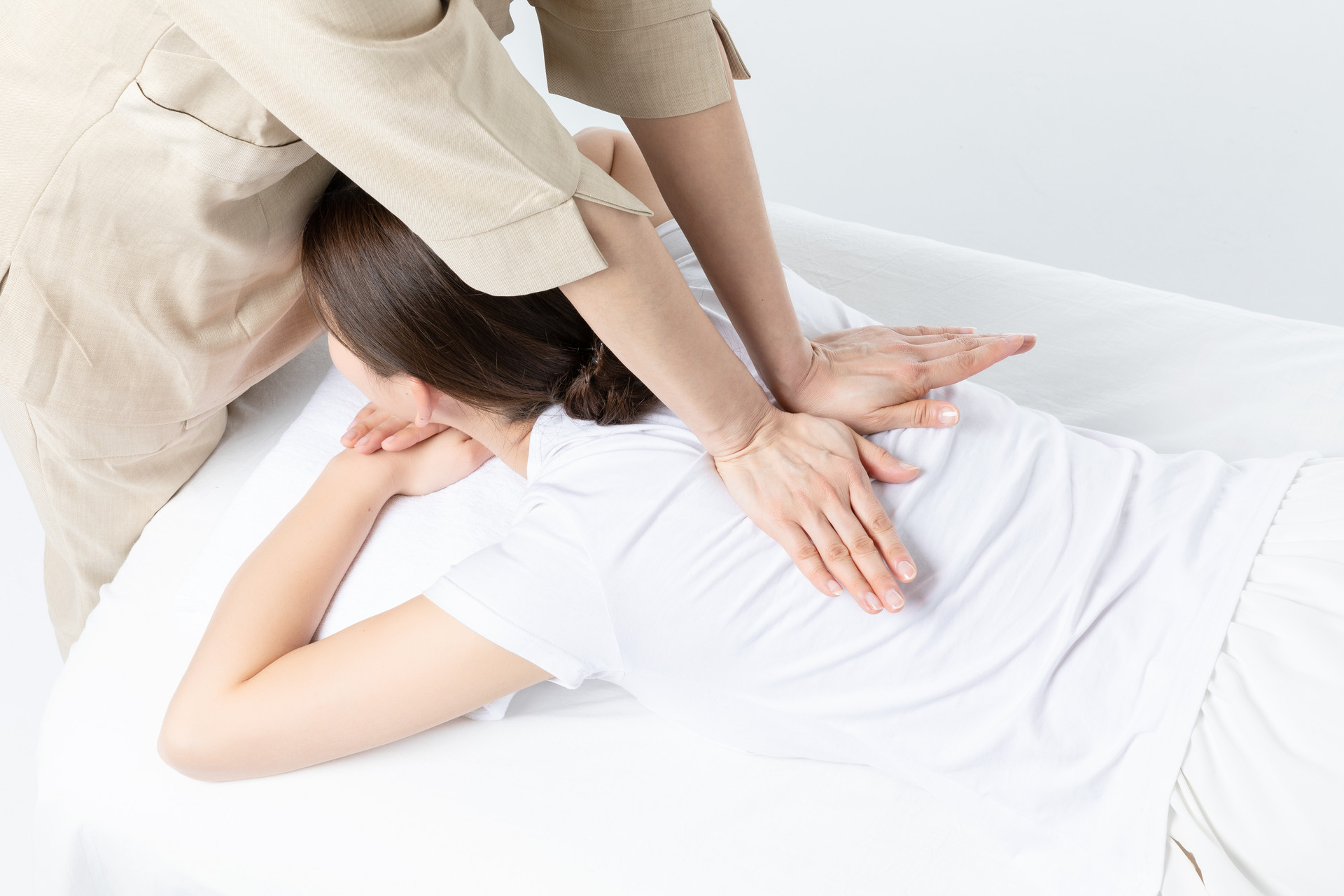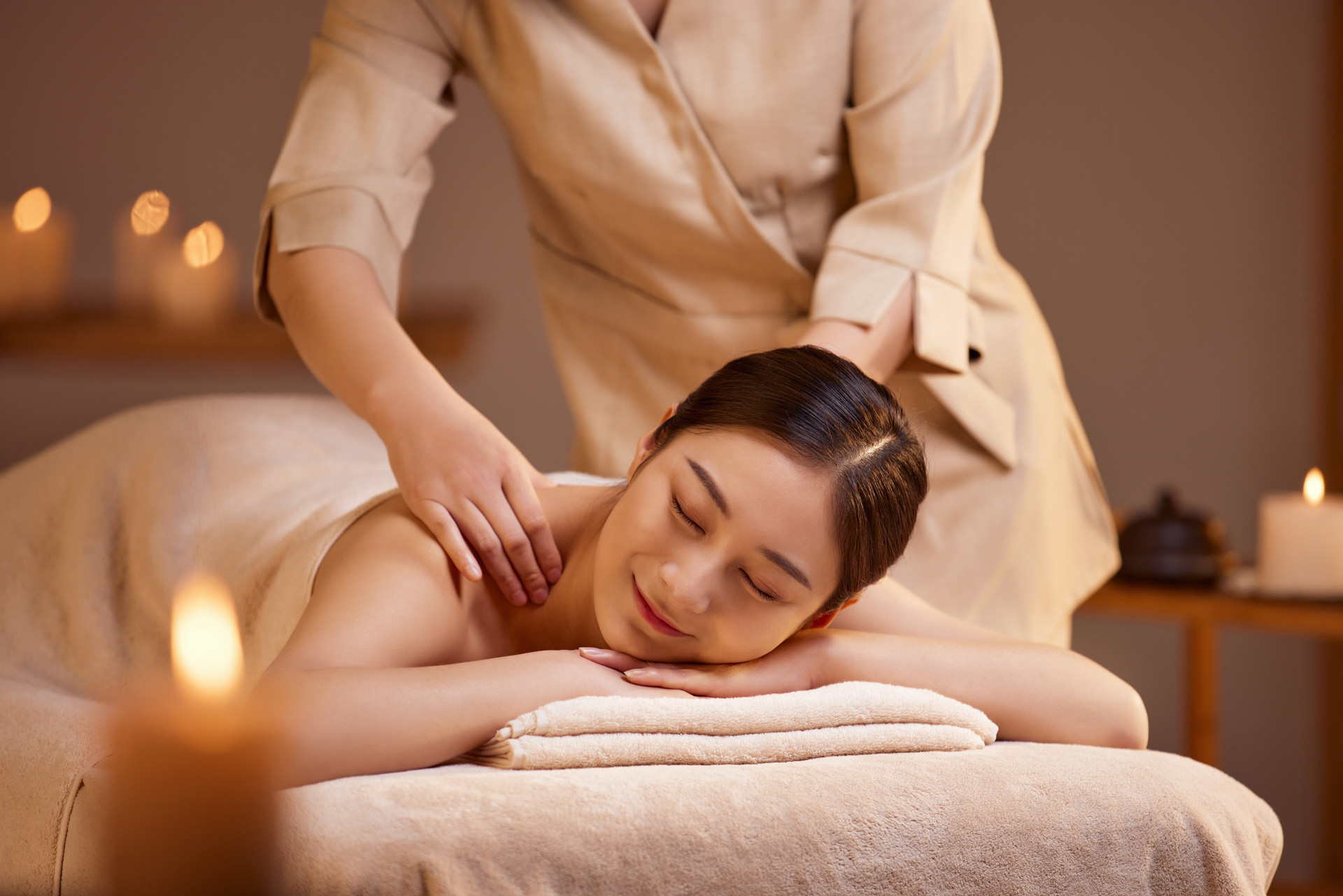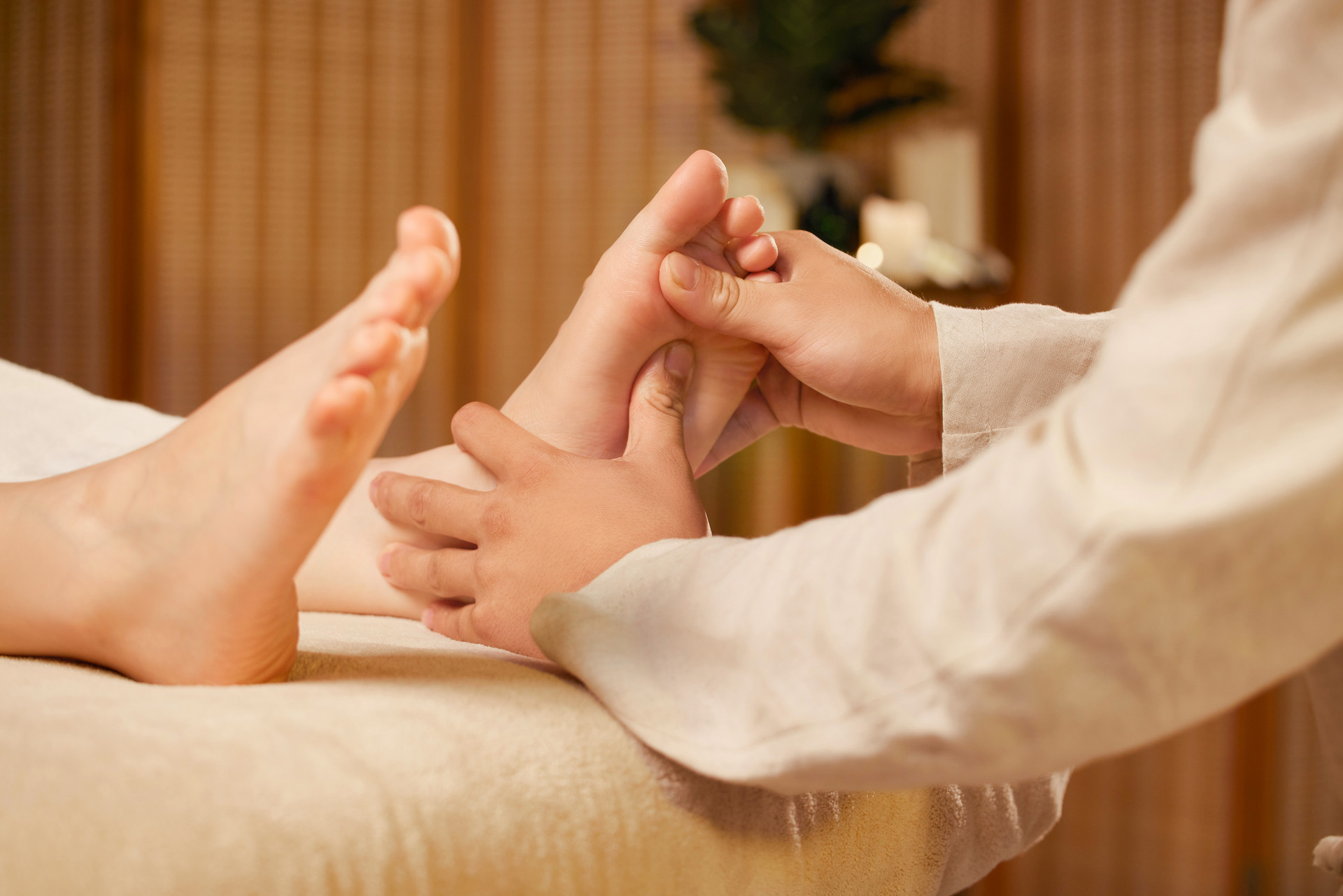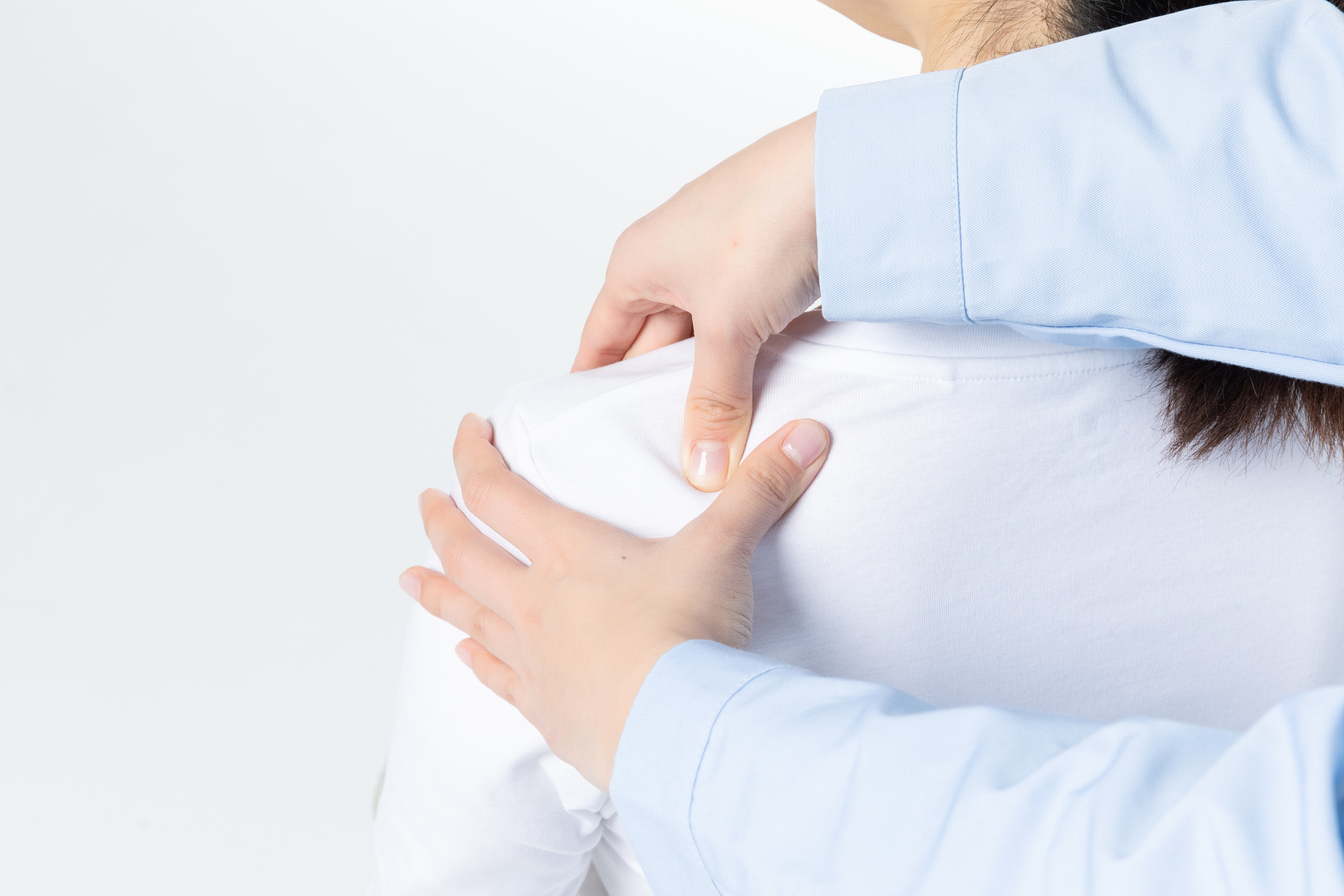When it comes to health and anti-aging, we often think of methods like herbal medicine and dietary therapy. However, our body has special areas that are important for health. By paying attention to these areas, we can achieve better results in health preservation.
Special Area 1: Head
The key to health: Sun exposure, combing hair, exercise
According to Professor Yang Li from the China Academy of Traditional Chinese Medicine, the head is the first special area for health. Traditional Chinese medicine believes that the head is the "house of intelligence" where the essence of the body's organs gathers. There are more than 50 acupoints on the head that are closely related to the organs. Modern medicine also points out that the brain is the "headquarters" of the body, controlling all activities. Therefore, it needs special protection. It is recommended to massage the head frequently, using your hands instead of a comb, and massage from the top of the head to the back of the head, and then from the top of the head to the sides of the ears, repeating this motion 30 to 40 times to create a warm and tingling sensation on the head. Sun exposure is also a good way to maintain head health, especially in cold winter. After lunch, let the sun shine on the top of your head at the Baihui acupoint. Expose yourself for 15 minutes to promote blood circulation and nourish the brain with warmth. The brain also has a special affinity for oxygen. Aerobic exercises such as running and brisk walking can improve blood circulation in the brain, ensure sufficient oxygen supply, and activities like table tennis and badminton can improve brain responsiveness and slow down aging.
Special Area 2: Ears
The key to health: Pinching, rubbing, tapping, pulling
The ears are the windows to the world and also play an important role in health. According to traditional Chinese medicine theory, the ears are the gathering place of the body's meridians, connecting every organ in the body, with a particularly close relationship with the kidneys. Dr. Jiang Liangduo, chief physician of the Department of Internal Medicine at Dongzhimen Hospital of Beijing University of Traditional Chinese Medicine, pointed out that the kidneys are the foundation of life and health, and rubbing the ears is the most inexpensive way to strengthen the kidneys. Gently pinch the earlobes with both hands and rub them until they become warm and red. Then pull the earlobes down, release and let them bounce back. Do this two to three times a day, one minute each time. Persisting in this practice can have anti-aging effects and also help with diseases such as headaches and tinnitus.
Special Area 3: Chest
The key to health: Patting, expanding the chest, deep breathing
The chest is the home of the thymus, the most important organ of the body's immune system, and it is also a strong protector of the heart and lungs. The chest is where the body's yin energy gathers. Taking good care of the chest can not only harmonize the middle and regulate qi, but also improve lung function and enhance resistance. You can use palm patting and slapping to promote chest health. Bring the five fingers together, hollow out the palm, and pat the sternum in the middle of the chest with appropriate force. Pat 3 to 5 times, pause for about 10 seconds, and do this for 3 to 5 minutes every day. You can also rub the area from the neck to the heart with your palms. In addition, it is important to do chest expansion exercises and deep breathing.
Special Area 4: Armpits
The key to health: Massaging, light tapping
The armpits are often overlooked as a health area. The armpits have not only arteries and veins but also a large amount of lymphatic tissue. Stimulating the nerves, blood vessels, and lymph nodes in this area can promote blood circulation and benefit the brain, heart, and lungs. Traditional Chinese medicine believes that there is an important acupoint in the armpits called Jiquan, and massaging this acupoint has the effect of expanding the chest and calming the mind. You can massage the armpits regularly by using the fingertips of the right hand index, middle, and ring fingers to massage the left armpit in a clockwise and counterclockwise direction 15 times, and then switch to the left hand to massage the right armpit, each time lasting for 3 to 5 minutes. You can also raise one arm and place the thumb of the other hand on the shoulder joint, lightly tapping the bottom of the armpit with the middle finger, changing the rhythm between fast and slow, and alternating between left and right.
Special Area 5: Back
The key to health: Keeping warm, rubbing against door frames, hot baths
According to traditional Chinese medicine theory, the spine in the middle of the back is where the Du meridian passes through. The bladder meridians on both sides of the spine are closely related to the internal organs. Massaging the spine can promote the smooth flow of meridians and nourish all organs of the body. In the opinion of Yang Li, the first step in back health is to keep warm. If the back is exposed to cold, it can damage the body's yang energy, leading to respiratory diseases and exacerbating existing conditions, especially for the elderly and children. It is best to wear a cotton vest in cold seasons. Middle-aged and elderly people can rub their backs against door frames to massage the acupoints on the back. Align the spine with the edge of the door frame, gently squeeze it, and lightly rub it up and down about 20 times per minute. When taking a shower, you can also rinse your back with the showerhead. For office workers, the arch-nemesis of back health is sitting for a long time. It is important to get up and move around every 40 minutes. Long periods of sitting with incorrect posture can also cause back pain. You can place a mirror in front of your desk to remind yourself to sit correctly.
Special Area 6: Navel
The key to health: Rubbing the abdomen, applying heat
In the eyes of traditional Chinese medicine experts, the navel is an important acupoint called "Shenque". There are also other acupoints around it, such as Zhongwan, Guanyuan, and Qihai. It is a "fortress" for body health. Gently rubbing and pressing these acupoints can adjust the body's qi and blood and improve the function of the organs. Traditional Chinese medicine has always advocated the health preservation method of "frequent abdominal rubbing", which emphasizes rubbing and pressing the area around the lower abdomen after waking up and before going to bed. If done regularly, it can increase intestinal peristalsis and enhance spleen and stomach function. Professor Zhang Hude from the Health Preservation Department of Beijing University of Traditional Chinese Medicine also suggests massaging the abdomen after meals. Place the palm of your hand on the navel and gently rub the navel and its surroundings in a counterclockwise and clockwise direction to aid digestion. Applying heat to the lower abdomen can also have health benefits. Use a hot water bag or a hot towel slightly warmer than body temperature and gently apply it to the navel. After a few minutes, remove it. Do this 1 to 2 times every day. The navel is also a sensitive area to cold. It is important to keep it warm and wear high-waisted pants.
Special Area 7: Knees
The key to health: Twisting, rubbing the knees
As the saying goes, "The legs are the first to age." Aging in the legs is most evident in the knee joints. The knee joint is one of the joints with the highest load in various activities such as walking, sitting, lying, running, and jumping, so the chance of injury is also high. Middle-aged and elderly people can rub their knees with warm hands every morning and evening. Place your hands on both sides of the knees, rub with your hands, 30 times on each side, and it is best to feel a mild warmth in the knees. You can also keep your legs close together, bend your knees halfway, hold your knees with both hands, and gently rotate your knees. Regularly massaging the knees can promote the smooth flow of qi and blood in the meridians, and prevent and treat diseases. In addition, attention should be paid to some details in daily life. For example, when going up and down stairs, let the toes touch the ground first to increase the buffering distance and protect the knee joints. Women should not wear high heels for a long time. Research has found that this is the main cause of knee pain and joint damage in women. Improper exercise can also harm the knee joints. The elderly and obese people can choose low-impact exercises such as walking, jogging, and swimming, which have less damage to the knee joints.
Special Area 8: Feet
The key to health: Soaking, sun exposure, exercise, shaking
The feet are the "second heart" of the body, with many acupoints and thousands of nerve endings, closely related to the health of various organs in the body. Fully developing the health potential of this "special area" can have certain benefits in preventing certain diseases. Zhang Hude believes that soaking the feet in hot water every two to three days for half an hour each time is a very simple and feasible health method that can warm the meridians and promote blood circulation. If you add some Chinese herbs that help with blood circulation, such as angelica, safflower, and notoginseng, to the foot bath, the effect will be even better. In addition, experts have also recommended several simple and effective methods. 1. Sunning the feet for strength: Expose the soles of the feet to the sun for 20 to 30 minutes. 2. Exercising the toes for stomach health: The stomach meridian passes through the second and third toes of the feet, so moving the toes and using them to grip things can be beneficial. 3. Shaking the feet to relieve fatigue: Lie on your back, lift both feet off the ground, and then shake them. Finally, rotate them like pedaling a bicycle rhythmically.


